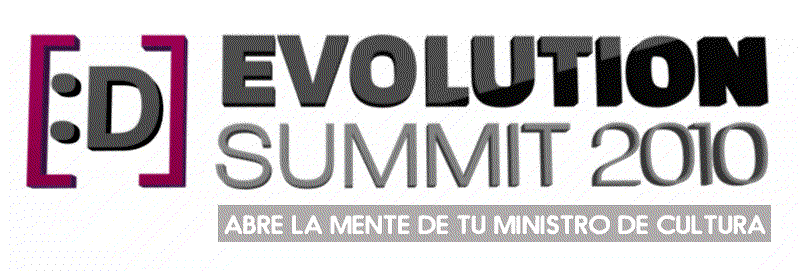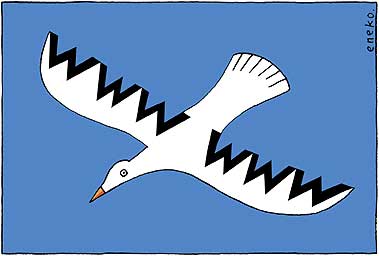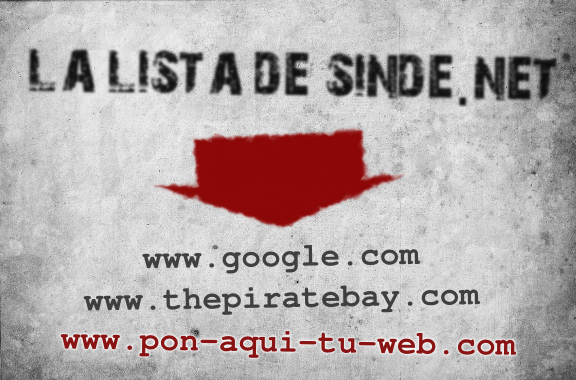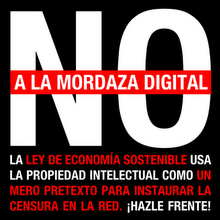Artists must be able to live from their work if they wish to do so
Only the individual or collective “author” of scientific, literary or artistic work can benefit from the protection of the corresponding “material interests”. Under existing international treaties, corporate entities are also protected as owners of intellectual property rights. However, as they are of a different nature, they cannot be protected at the level of human rights, as the rights of authors can .
UN Committee on Economic, Social and Cultural Rights
Basically, the traffic in author’s rights by publishers, recording companies and royalties management societies does not protect the interests of authors.
- The public interest is served by supporting and ensuring ongoing creation of intellectual works, because of its significant social value, and by ensuring that all citizens have unfettered access to such works for a wide range of uses.
- Author rights, royalties and similar incentives to creativity should not be considered to be a fair wage or an end in themselves, but rather a creative stimulus and a means to promoting public interest and innovation.
- No creativity, all collection, is not what we want.
- In order to promote fair remuneration for artists, the role of middlemen should be restricted.
- Like any other worker, creators should receive fair pay for their creative activities as employees.
- In the case of the commercial exploitation of a work, economic regulations should protect the financial interests of creative communities and ensure that third parties such us the cultural industries do not prevent creative communities from obtaining a fair share of the profits.
*(ref. Charter, point 2 “Legal Demands”, paragraph B. “Stimulating Creativity and Innovation”, of the Charter for Innovation, Creativity and Access to Knowledge.









